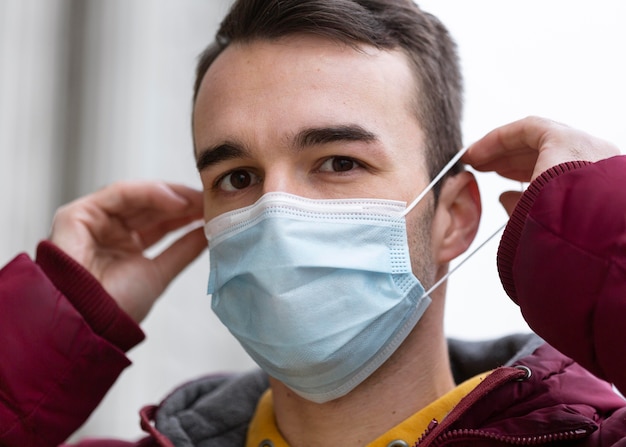
It’s been a while since I last blogged! During this quarantine, I’ve decided to get back into journaling and blogging with a more personal touch. I hope this keeps us both entertained. You might feel like you’ve missed a lot, and you have—I’ll try to catch you up as we go along. In the meantime, stay safe and remember to wash your hands.
Today is Day 51 of quarantine. First, a huge thank you to everyone who has sent money to help buy groceries for families in Guatemala affected by COVID-19. Your support means the world—I’ve collected over $500 so far! If you’d like to donate, please check out my post explaining why and how to contribute.
At the end of last year, I left Guatemala to visit the U.S. and my soon-to-be husband. What was supposed to be a short visit turned into us getting married and me applying for a green card. I didn’t have a chance to prepare my houses for a long absence or mentally prepare myself. Then COVID hit, and I couldn’t go back anyway.
In mid-March, Guatemala closed its borders and declared a state of emergency, including a strict lockdown and a curfew from 4 PM to 4 AM.
In Guatemala, many people live day by day. They borrow a bit of money to buy fruits, vegetables, or household items and sell them on the streets, hoping to make $6 to $15 on a good day. For example, my hairdresser told me her best month last December—when everyone was getting ready for family reunions and events—was $800. It was as if I mentioned my guest house making $8,000 a month during peak season. Typically, she doesn’t make more than $20 a day. As I shared last week, $20 can feed a family of 4-6 people for about a week.
While their income isn’t non-existent, they can’t rely on food banks or stocked cellars. The heat and humidity make it impractical to stockpile food—anything left outside spoils quickly, and even stored food in my fridge has a limited shelf life. Ants and bugs are a constant problem. I always encourage people to plant more trees, but it rarely happens.
The middle class is also struggling, especially those who depend on tourism like I do. Semana Santa, the Holy Week before Easter, would have brought in significant income, but this year we had none due to the pandemic. Many people had expanded their properties to rent out through Airbnb but now can’t afford to pay their leases.
Middle-class Guatemalans live similarly to middle-class Americans, just managing to pay credit card minimums, private school fees, and rent. While they aren’t as visibly distressed as those begging for food, it’s still a very stressful situation.
With the money donated by readers and friends, I’m preparing food baskets and offering men in my village in-kind work for donations. Even though I don’t need my garden pruned to perfection since I probably won’t have guests until Christmas, it gives these men a sense of purpose and dignity.
The food baskets go to single women without family support. I’ve read about the homeless finding it relatively easy to get food, clothes, and hygiene products through various organizations. What they often lack are places to charge phones, bus fares, earplugs, quality socks, and other overlooked items. If you want to help your local community, ask those in need or the charities supporting them for specific needs. Instead of just giving cash to someone who says they’re hungry, consider buying them items they can’t get from a food bank.
In Guatemala, my food baskets mainly include food and soap. The government’s response has been lackluster, so I coordinate with community leaders to secure basic staples. Occasionally, there are special cases, like needing asthma medication or new shoes for a child with a deformity, which I handle individually.
Kids in my village who don’t get enough food or proper nutrients struggle to focus and learn. They’re not less capable; they just can’t concentrate on empty stomachs or poor diets. “Sal y tortilla”—salt and tortilla—is the poor person’s diet here. It fills you up and keeps you hydrated, often accompanied by seasonal fruits like bananas, papayas, and coconuts. That’s why I urge people to plant more trees—it can make a big difference in the long term, but people struggle to see that benefit when they’re in crisis mode.
Health-wise, Guatemala is managing moderately well. A few areas are overwhelmed by the virus, but my region in the North is doing okay for now. When the economy reopens, it will still be tough, as these communities rely on discretionary spending from wealthier individuals, who will likely cut back.
Helping someone in a crisis isn’t just about immediate support; it means continuing to check in on them. Similarly, when Guatemala returns to work, the struggle won’t end. People will be climbing out of debt and paying off medical expenses. My efforts will need to continue for the foreseeable future.
If you’d like to contribute, my PayPal is tdmpauline at gmail dot com. Any amount is greatly appreciated!